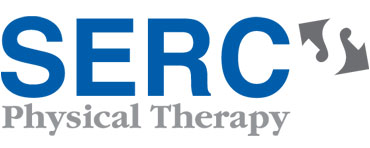4 Little-Known Ways that Physical Therapy can Save Patients Time and Money
Oct 29By: Cory Midkiff
October is National Physical Therapy Month. But while those of us in the industry take great pride in our profession, you as a current or prospective patient might wonder what physical therapy can do for you.
Here are four little-known facts about physical therapy that may get you back to health quickly and efficiently:
- Physical therapy provides direct access.
Most states allow an individual to receive physical therapy services without a direct referral from a physician. Direct access to physical therapy has been documented to be more efficient, getting patients better more quickly. The rules vary from state to state, and you should contact your local physical therapy provider for more information.
- Physical therapy offers similar long-term outcomes to those of surgical intervention.
When looking at the treatment of spinal stenosis, the outcomes of conservative physical therapy treatment are the same as those of invasive surgery. This statement correlates back to No. 1 above, in which long-term patient healthcare costs can be greatly reduced.
- Physical therapy provides functional rehabilitation.
Physical therapy’s goal is to return the patient to his or her previous level of function. We provide a structured-base approach to return the patient quickly and safely back to the activities they enjoyed prior to injury.
- Physical therapy emphasizes motor control or muscle coordination
Often, pain is not because of a lack of strength. But during the evaluation of a functional task, we are able to analyze the mechanics and determine whether there is a motor control dysfunction. Muscle imbalances occur when one muscle overpowers another; this can lead to altered stresses on joints, muscles, tendons or ligaments, causing pain. A physical therapist must correct the faulty movement patterns and poor motor control in order to relieve the pain.
